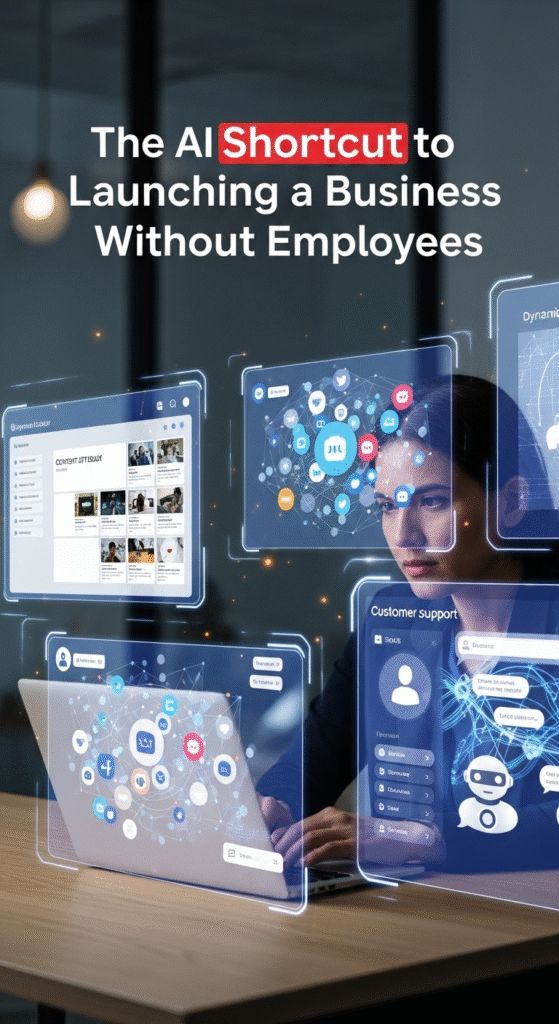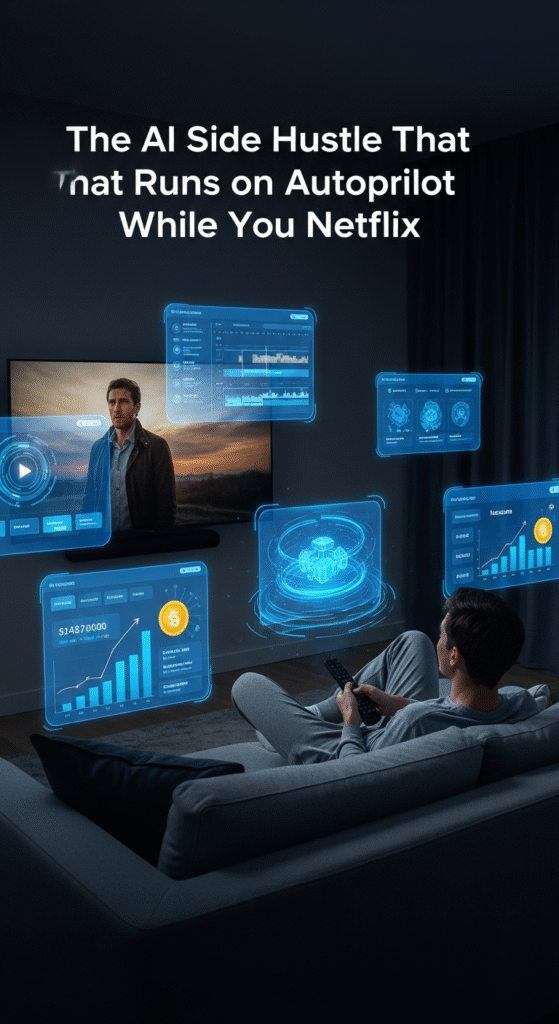Google gives you answers for free, but here’s the secret—they’re not the product, you are. Every search you make feeds an invisible profile sold to advertisers, governments, and even data brokers. Here’s the shocking truth about Google’s business model and the one step that stops them from tracking your every move.
The Hidden Truth About Google: Why ‘Free’ Search Costs You More Than You Think
When you type a question into Google, it feels like magic. Answers appear instantly. Directions, recipes, health advice, even job opportunities—everything at your fingertips.
And best of all? It’s free.
But here’s the truth nobody tells you: it’s not free. You’re paying with something more valuable than money—your data.
How Google Really Makes Money
Google doesn’t exist to give you answers. Google exists to sell ads. And ads only work if they know who you are, what you want, and when you want it.
That’s why Google tracks everything:
- Every search you type.
- Every video you watch on YouTube.
- Every email scanned in Gmail.
- Every location ping from Google Maps.
- Every app download from the Play Store.
The more they know, the more valuable you are to advertisers.
Your Invisible Profile
Behind the scenes, Google builds a digital twin of you. It includes:
- Age, gender, income level.
- Interests, shopping habits, hobbies.
- Travel history and future destinations.
- Health concerns, based on your searches.
- Political leanings and religious beliefs.
This profile isn’t just for ads—it can be shared, sold, or subpoenaed.
The Dark Side of “Free”
What does all this tracking mean for you?
- Targeted manipulation: Ads designed to exploit your fears, insecurities, or desires.
- Price discrimination: Different prices shown to different users based on their profile.
- Government surveillance: Authorities can request your search history anytime.
- Permanent records: Even deleted searches may live on in Google’s servers.
“Free” isn’t free. It’s surveillance packaged as convenience.
Real Incidents That Prove the Risk
- In 2018, it was revealed Google tracked Android users’ locations—even when “Location History” was turned off.
- Court cases have shown law enforcement using Google’s data to identify people who were near a crime scene.
- Advertisers have used Google’s data to target vulnerable groups, including people with financial struggles and health conditions.
Your search bar is more like a confession booth—except this priest is taking notes and selling them.
Why Incognito Mode Doesn’t Save You
Many believe switching to Incognito Mode solves the problem. But it doesn’t.
Incognito only hides activity from people using your device later. Google still sees every search, every click, every location.
If you’re logged into your account, your activity is tied directly to your name. Even if you’re not, your IP address gives you away.
How to Break Free From Google’s Grip
Completely ditching Google is hard. Their products are everywhere. But you can fight back.
- Use privacy-first search engines like DuckDuckGo or Startpage.
- Switch to encrypted email providers like ProtonMail.
- Disable tracking in your Google account settings (though it won’t stop everything).
- And most importantly: use a VPN (Virtual Private Network).
How a VPN Cuts the Cord
With a VPN:
- Your IP address is hidden, so Google can’t link searches to your home or device.
- Your traffic is encrypted, blocking ISPs and trackers from spying.
- You can search anonymously, making it harder to build or update your profile.
A VPN doesn’t erase Google’s history of you overnight. But it stops the constant surveillance machine from updating its files every time you search.
Everyday Scenarios Where VPN Helps
- Searching sensitive medical questions without them being tied to your identity.
- Researching political topics without being flagged or profiled.
- Shopping online without feeding advertisers more personal details.
- Traveling abroad while accessing unbiased search results.
A VPN helps you see the internet on your terms—not Google’s.
Final Word
Google feels like the world’s most helpful friend. But in reality, it’s the world’s biggest data broker, collecting and selling your life in exchange for “free” answers.
The hidden truth? Every search you make is part of a business deal you never agreed to.
The good news is you’re not powerless. By using privacy-first tools—and especially a VPN—you can take back control.
Because your questions should lead to answers, not to someone selling your life behind your back.
🔒 Ready to protect your online life?
We recommend NordVPN — fast, no-logs, and beginner-friendly.
👉 Try it risk-free with a 30-day money-back guarantee.









